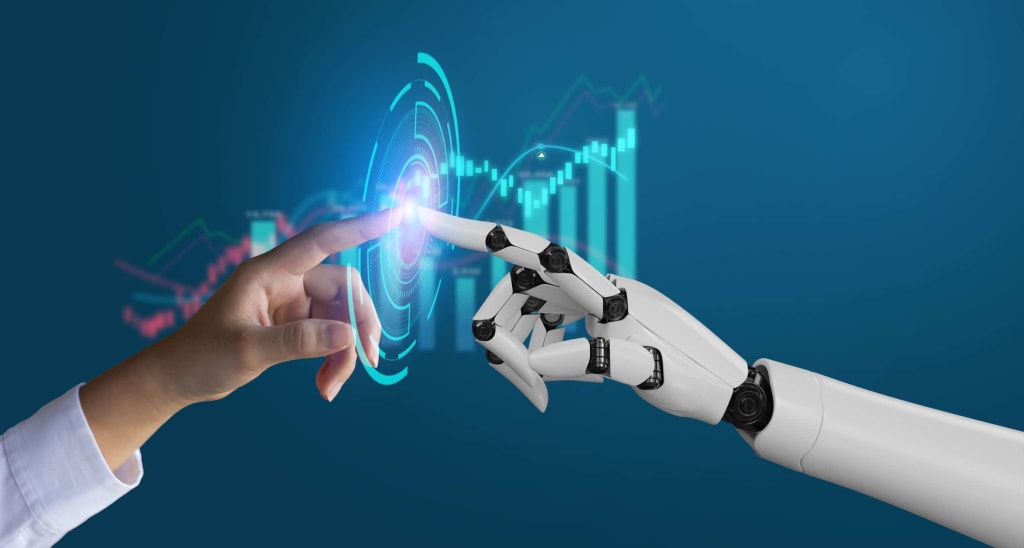
My article, "The Next Big Thing in Technology: 20 inventions that will change the world," was published in 2020. Since then, it has had over 100,000 reads and over 5,000 social media shares. However, reading it now will make clear that what was written back then is out of date. It is time for an update that highlights the major technologies of today that will be the craze in 2030 (or 2028, or 2032, etc.).
These timelines should be regarded with caution because forecasts are frequently off, particularly in the field of technology (see my 2023 tech predictions if you don't think so). This is due to the fact that history, which is fundamentally the study of surprises, is frequently used as a roadmap for the future. But this shouldn't deter us from trying to comprehend the future better. First of all, since the information gathered during planning is essential to choosing the right course of action when future events develop. Secondly, you'll never know what to be astonished by if you don't make any predictions! In light of this, the following list of eleven inventions is sure to transform the globe in the coming years.
1. Commercial nuclear fusion power
In its most basic form, nuclear fusion is the process via which energy is released when hydrogen atoms—or, if you prefer, "atomic nuclei"—are fused and exposed to extremely high temperatures. Massive amounts of energy are released throughout this process, which mankind is becoming more and more in need of. By the way, the sun functions in the same way.
The near limitless supply of hydrogen on Earth, which can be taken from water, plus the fact that the only byproduct of nuclear fusion is safe helium make it an important process. As fusion reactors don't produce any long-lived radioactive nuclear waste, they are also safer than fission reactors. If put into practice, commercial nuclear fusion power will increase energy availability and security while producing inexpensive utility-scale electricity with minimal environmental impact.
In addition to private enterprises conducting their own studies, some countries have made significant investments in fusion research. There are other reactors being developed, but the first one that could produce energy-positive fusion is the ITER reactor, which is being built in France and is scheduled to start operating in 2026.
Fusion research is expensive and time-consuming, though. The main problem with the technique is that, in order to initiate the fusion process, rectors now need to reach temperatures higher than those seen on the sun. More energy is needed to accomplish this than the reaction generates. The practical use of fusion power is still unknown and perhaps more than ten years away, despite recent advancements.
2. Robot knowledge sharing
Impressive as they are fundamentally unintelligent, robots can be found in workplaces, warehouses, homes, or on the street. They perform effectively in tightly controlled settings, but they become stuck or break in every new scenario, which is usually very costly. That is changed by "robot knowledge sharing" technology. The idea's proponents want to provide a standardized method for robots to communicate with one another.
We know that trial and error, or reinforcement learning, is an effective method for AIs to learn, and that is how that information would be obtained. It could be as simple as realizing there is an obstruction on the road or as complex as being able to grasp an object. Costs will drop at a rapid pace while efficiency will increase dramatically.
We won't be able to replace the genie after it has been removed from the bottle. Let's put the Terminator talks on wait for 2040, though, as a lot of standardization in hardware, sensors, ML procedures, and data configuration is required before the idea can be implemented. Nothing may get done since everyone involved will want to do things their way. Ultimately, humanity might only be saved by its incapacity to come to consensus on anything.

3. DAOs
Allow me to discuss the future of work with you. Working on a project you love will take precedence over interviews. You will be employed by multiple companies, each of whom will pay you according to an agreement you did not sign. You will witness everything your unfamiliar coworkers do as you compete for prizes with them. Not only will you be able to influence your company's direction, but all of your clients will too. You'll be constantly "on," remote, and worldwide. Like something out of a dream? You're accurate. A bad dream? Once more, correct. Greetings from the decentralized autonomous organization world.
Read even more about 10 New Inventions That Will Change The World by clicking here





Comments
There are no comments for this story
Be the first to respond and start the conversation.